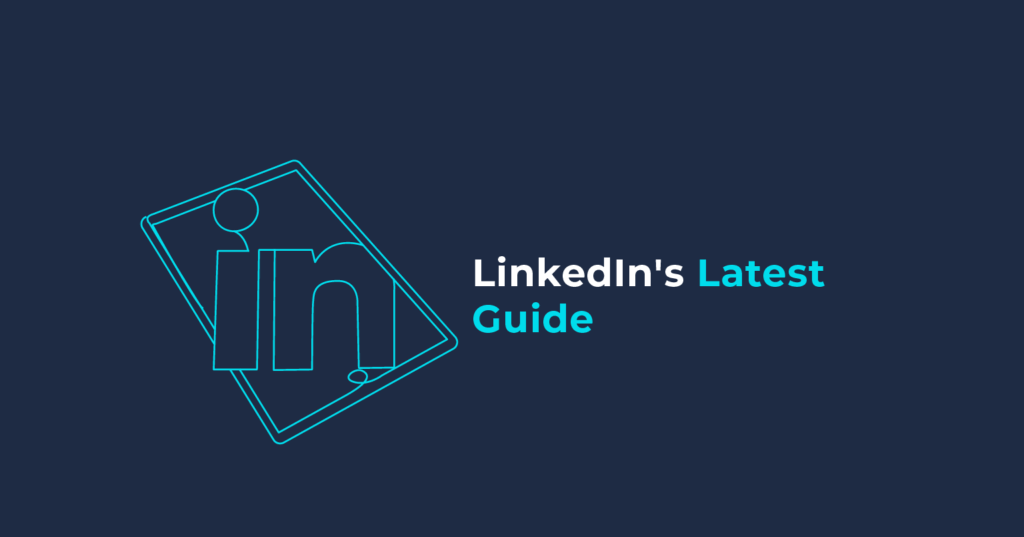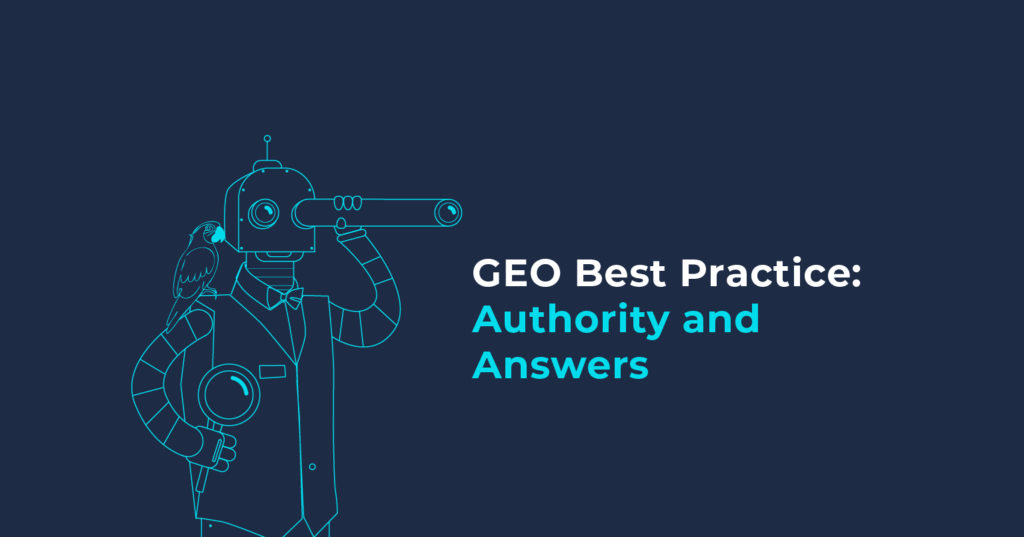Everything B2B Marketers Should Know about LinkedIn Content Creators
How you can transform your C-suite and employees into LinkedIn Content Creators—and why it’s a good idea.
Reading: 0118 322 4395 | Manchester: 0161 706 2414 | Oxford: 01865 479 625 | info@sharpahead.com | Office hours: Monday-Friday 9:00am - 5:30pm
| Office hours: Monday-Friday 8:30am - 5:30pm
| Email | Office hours: Mon-Fri 9:00am - 5:30pm
Generative Search and the Future of B2B Search Marketing
Subheading

It’s obviously risky to make predictions about something as radically innovative and fast-moving as Generative AI. But I’m willing to take a chance and make some observations about the likely impact on B2B search marketing, at least in general terms. And if I’m right, there are some obvious things that B2B marketers can be doing right now to help future proof themselves and their work.
I took a look in detail at Microsoft and Google’s Generative Search tools (Bing Chat and Bard) earlier this year. I updated that research for my recent presentation at Leeds Digital Festival. Even with that short gap of a few months, there was a lot of change and improvement in both tools. Here are my observations and predictions:

I’m not saying that conventional search engines will disappear overnight, or that they will ever disappear completely, but we’re going to see at least some non-trivial fraction of B2B search activity switch away from conventional search engines in favour of generative search. This creates both an opportunity and a threat for search marketers.

If I’m right about these trends, here are some things that B2B search marketers can do right away to be ready for the future:
And two more strategic areas to think about over the next few months:
For more details on these ideas, check out the recording of my Leeds Digital Festival presentation:
Have questions about generative search or any other aspect of B2B marketing? We’d love to hear from you—and we offer a free 30-minute consultation. Get in touch!
How you can transform your C-suite and employees into LinkedIn Content Creators—and why it’s a good idea.
Learn how to build authority and craft AI-ready answers with GEO (Generative Engine Optimization) — a must-know for B2B marketers.
AI is changing the world fast and SEO is no exception. Here’s how to start preparing for AIOs and agentic search now.



B2B Digital Rocket Fuel straight to your inbox
Add your email address below to receive our biweekly newsletter and stay up to date with the latest B2B digital marketing news and insights.
You'll also get instant access to our growing catalogue of marketing resources.
“An invaluable resource for getting the latest and greatest ideas and tips on B2B digital marketing. My students also benefit from the industry insights.”
Louize Clarke, Founder, The Curious Academy
Reading Office
The Curious Lounge,
Pinnacle Building,
20 Tudor Road,
Reading,
RG1 1NH
0118 322 4395
reading@sharpahead.com
Manchester Office
CORE,
Brown Street,
Manchester,
M2 1DH
Oxford Office
Oxford Centre for Innovation,
New Road,
Oxford,
OX1 1BY
01865 479 625
oxford@sharpahead.com
© Sharp Ahead | VAT: 184 8058 77 | Sharp Ahead is a company registered in England and Wales with company number 08971343